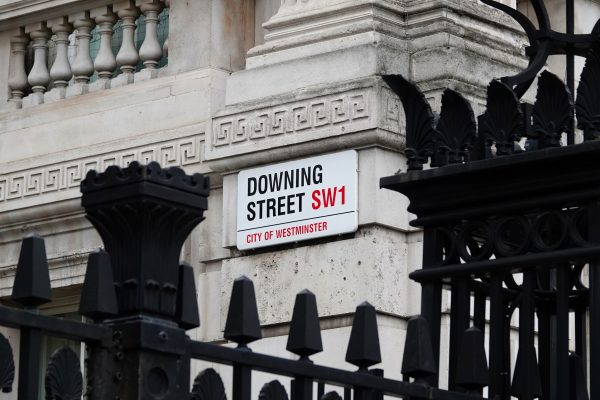With Remembrance Day now behind us, it was interesting to see the number of news story which commented on who was, and who was not wearing a poppy, on TV.
It begs an interesting question in employment law, is it acceptable for employees to wear poppies or not? There has been case law previously about wearing political badges, or charity wristbands to show support for various causes, but the poppy has not, until recently been anything to question.
There was a story this year that an employee from a well known fast food establishment was banned by their employer from wearing a poppy whilst serving behind the counter. The company claimed that this was for health and safety reasons, but the employee argued that it was a political belief and therefore banning him from wearing the poppy was discriminatory. This belief was wholly unfounded and had the matter been escalated further then the employees case would likely have failed.
This doesn’t mean that a blanket ban, or forcing any employee to wear a poppy can be implemented by an employer, as this maybe discriminatory. As long as the employer has justifications for any refusal then there should not be an issue.

What most people don’t know is that talent development doesn’t have to be complicated, high risk or expensive. Once they integrate key development stages, the results can be remarkable. Empower your team. Lead your industry. We’re your strategic learning partner, driving performance by moving skills forward.







